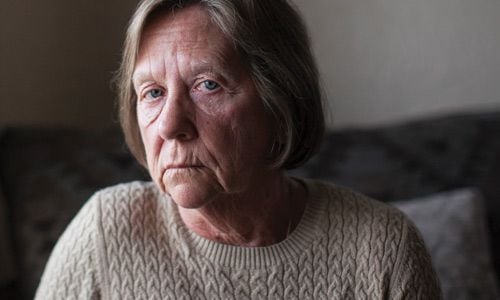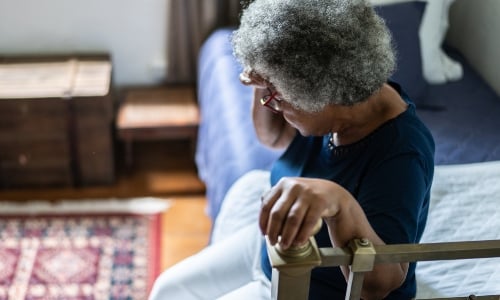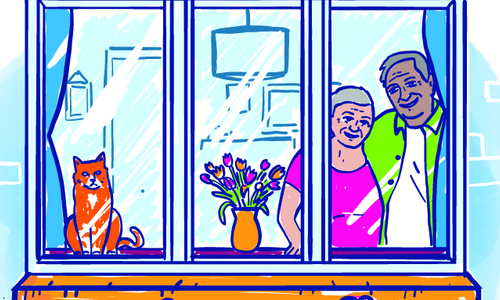Last month, the Social Market Foundation and Age UK published “Caring for Carers” examining the demographics and experiences of people providing unpaid care.
Contained within it is one of the most challenging but still strangely unheralded problems facing social care now and in the future, namely – who will care for the growing numbers of older people who lack family to support them? By 2030, 2 million people will be aged over 65 without ever having been parents while still more will be unable to look to their family to support them for a variety of other reasons including estrangement or distance. The number of older people with disabilities who live alone and have no child is projected to increase rapidly, rising by nearly 80 per cent between 2007 and 2032 to 370,000. This represents a significant challenge to health and social care services that rely extensively on spousal and adult child care.
 Caring for carers
Caring for carers
This report focuses on the demographics and experiences of those who provide family care.
It is easy to respond to this, as people often do, with “older people don’t want or expect their children to look after them or I don’t want my children to look after me” but that is not to give the question full consideration. Firstly as the report shows, the activities carried out by family carers are many and varied but are very often deeply practical everyday tasks like housework, shopping, driving to appointments and managing administrative tasks. Generally when people say they don’t want their children looking after them, what they mean they don’t want their children providing intimate care. Secondly, despite everyone agreeing that older people don’t want to have to rely on their families, the reality is 92% of unpaid care is provided by family, a fact which as a society we seem strangely in denial about.
Ironically, of course, people ageing without children are 20-40% more likely to be carers than those with children but there is almost no recognition of this. Or of the impact it has on those providing care in the knowledge they have no one to do the same for them. We know from our work that becoming a carer for parents is the main trigger point for people contact Ageing Well Without Children when they see for the first time how hard “the system” is to navigate and how much they have to do to facilitate help and support for their parents. Such experiences generate huge fears in people about what will happen to them with no adult child to act as advocate or support.
Solutions to the issues facing people ageing without children are not easy. Care navigation is certainly one solution but the scale would need to be vast to meet the needs and not subject to a postcode lottery. Given the pressures of public finances, how could it be funded at the necessary scale? Its also been suggested that as in Germany people who are childless should pay more tax in the form of a care precept to fund their care but that is unlikely to be popular and would require confidence that the state would provide high quality care something that most people are not confident of. Also, it can be argued that people without children pay taxes to fund services they themselves do not use, and why should they be subject to extra tax when they are already penalised through e.g. being subject to a different rate of inheritance tax. Whatever happens, the first step must be to acknowledge that people ageing without children do face particular challenges in later life and that these must be understood and included by public bodies and organisations planning and delivering services for older people. At the moment it remains a largely invisible and overlooked issue and consequently, there is little focus on thinking about or creating solutions by those working in the age sector. This must change; there are many bright and brilliant minds looking at issues around ageing, surely by harnessing those we can come up with solutions that will support people ageing without children and by extension all older people.
Author
This article was written by Kirsty Woodard, Founder of Ageing Well Without Children.








